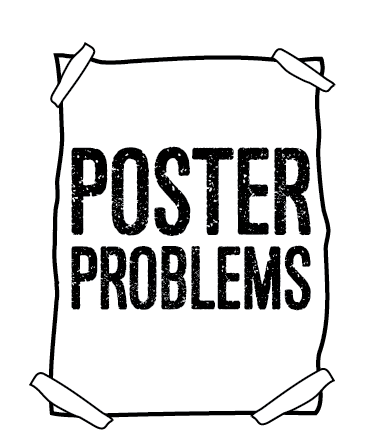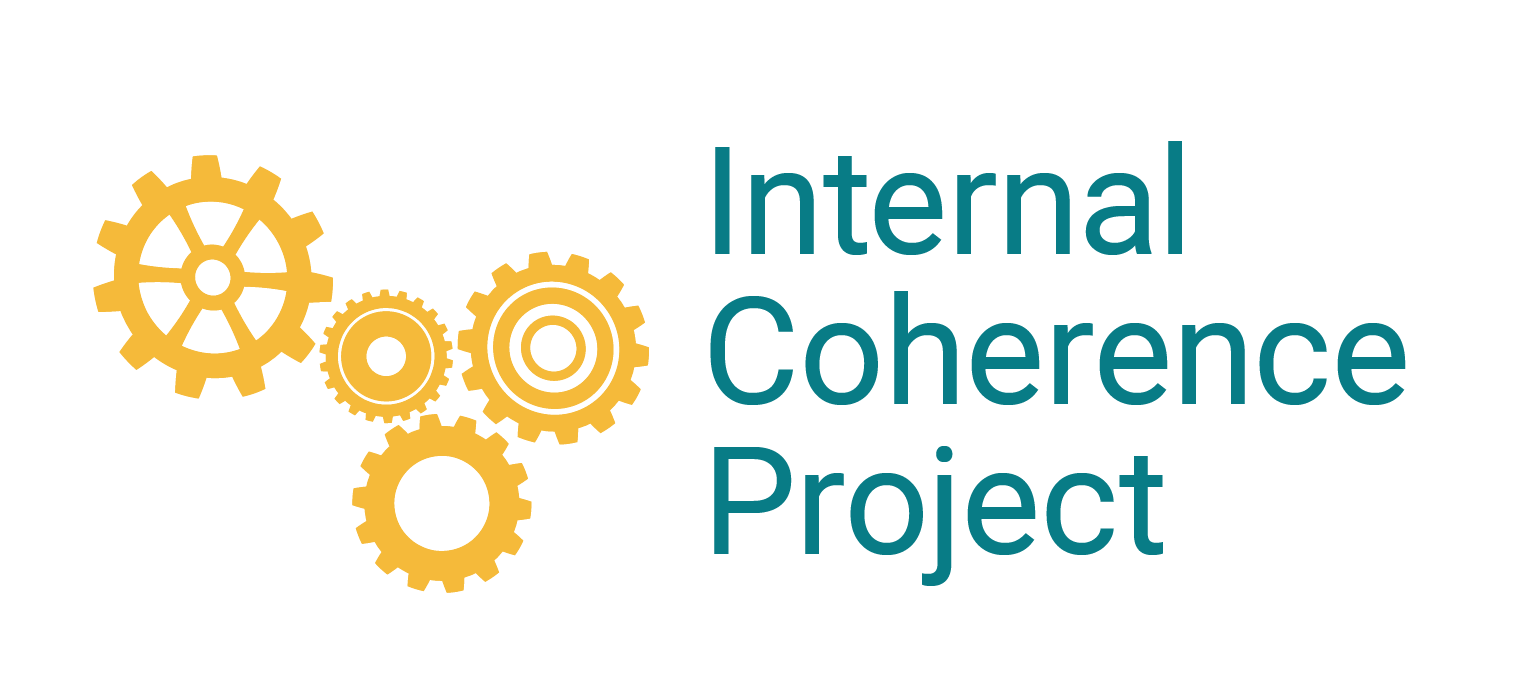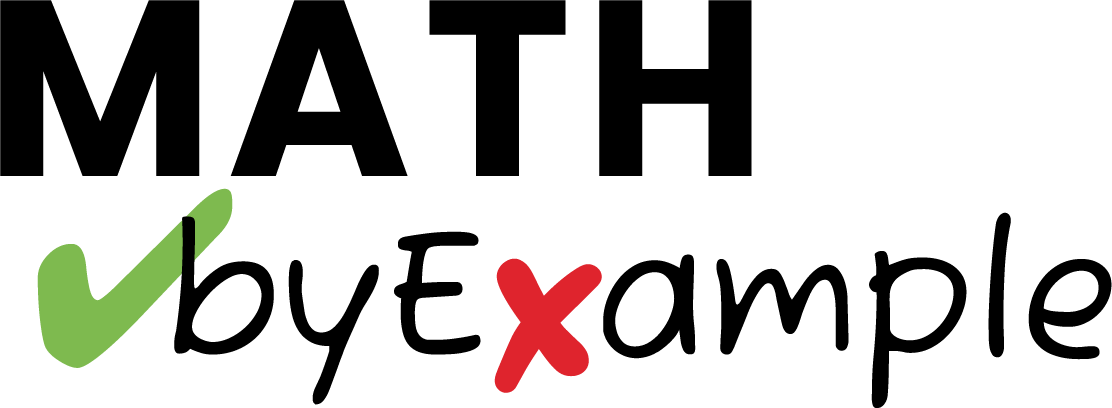An experiment began in 2003 to fuel innovation in education.
A National Academies committee proposed a new organization whose processes would parallel those that support innovation in medicine, agriculture, and engineering: collaborative, practice-initiated, problem-solving research and development.
"Education research is too slow."
"Researchers are too narrowly focused."
Many said it could not be done.
"Practitioners are too impatient."
"District leadership is too unstable."
Enter SERP.
With initial, small-scale support, the nonprofit SERP Institute was established to carry out that ambitious experiment: to generate innovative, scalable solutions to our schools’ most pressing problems through sustained collaborations among researchers, practitioners, and designers.
U.S. Dept of Education • National Science Foundation • Carnegie Corporation of New York • S.D. Bechtel Jr. Foundation • William and Flora Hewlett Foundation • Spencer Foundation • Jacob and Hilda Blaustein Foundation • Chan Zuckerberg Initiative • Goldman Sachs Foundation • Haan Foundation for Children • Koshland Foundation • Leon Lowenstein Foundation • Gordon and Betty Moore Foundation • National Academy of Sciences • Robert Noyce Foundation • John S. and Catherine L. Reed Foundation
SERP LISTENS TO PRACTITIONERS.
Since 2003, SERP has worked on problems prioritized by practitioners in partnerships with researchers and designers in locations throughout the U.S. Researchers willingly joined practice-based projects with urban districts, with districts in smaller cities and towns, and with rural districts.
Practitioners within school districts, such as...
Boston Public Schools
New York City Department of Education
District of Columbia Public Schools
Arlington Public Schools (VA)
Penns Valley Area School District (PA)
Fort Madison Community Schools (IA)
Jackson Public Schools (MS)
San Francisco Unified School District (CA)
Oakland Unified School District (CA)
Researchers from universities, such as...
Harvard University
Boston University
Stanford University
University of California, Berkeley
Carnegie Mellon University
Temple University
New York University
University of Pennsylvania
University of Wisconsin
PROBLEMS SERP IS SOLVING
Students reach high school unable to comprehend their textbooks.
Current middle school literacy assessments measure how far, but not why a student is behind in reading.
Science teachers need resources to engage high school students in the chemistry of climate change.
Students’ misconceptions in Algebra 1 undermine their success, but mathematics teachers resist changing their instructional practice.
Middle school science teachers lack high quality resources to teach specific topics that students find difficult to grasp.
Middle school math students quickly jump to answer-getting without trying to make sense of the problem situation and mathematical relationships.
Principals with limited knowledge of mathematics instruction must be able to support the shift to the Common Core Practice Standards.
There is wide variation across schools in student performance when implementing the same reform efforts.
Science teachers need resources to understand and address reading comprehension challenges within science texts.
Products developed through these partnerships are different.
The SERP product design cycle coincides with and is framed by the collaborative investigation of the problem.
SERP products are the outcomes of partnerships.
WordGen Weekly
Middle School Academic Language
WordGen Elementary
Grades 4-5 Academic Language
STARI: Strategic Adolescent Reading Intervention
Grades 6-9 Reading Intervention
AlgebraByExample
Worked Example Sets for Algebra 1
Poster Problems
Two-day Problem Solving Lessons for Grades 6 & 7
GeometryByExample
Worked Example Sets for High School Geometry Students
TRU+LessonStudy
Professional Learning Community Resources for High School Math Teachers
MathByExample
Example-based Problem Sets for Grades 4 & 5
Focus 5
Mindfulness Activities for Teachers or Students to Lead
Tools for Sense-making
Helpful Teacher Resources for Problem Solving in Math
Social Studies Generation
Middle School Social Studies Curriculum centered on a Debatable Question
Reading to Learn in Science
Teacher Resource to help with the Challenges of Science Texts
Science Generation
Middle School Science Curriculum
SciGen Teacher Dashboard
Interactive Media for Middle School Science Teachers
Internal Coherence Project
School-wide Protocol to Engage in Continuous Improvement
Capti Assess with ETS ReadBasix
Reading Asessment for Grades 6-12 that provide Helpful Learner Profiles
The 5x8 Card
Observation Tool Related to the Common Core Practive Standards in Mathematics
Academically Productive Talk
Media-rich Resource for Teacher Educators and Teachers














SERP PRODUCTS WORK...
because we continue to address barriers until they work.
They also are rigorously tested for effectiveness, often in randomized trials across multiple districts.
Teachers embrace the newly-developed SERP approaches and marvel at how capable students are when engaged as bona fide thinkers with genuine agency.
Word of SERP’s contributions has spread around the country (and to other countries as well).
Thousands of teachers
access SERP materials which are provided online at no cost.
More than 25,000 downloads monthly!
Not only does research change practice in SERP partnerships...
PRACTICE
CHANGES
RESEARCH.
SERP partnerships fundamentally change the research dynamic as well. Prestigious senior university faculty delight in the direct connection with practitioners.
And perhaps even more importantly, SERP enables junior faculty to focus research on relevant and urgent problems by clearing hurdles that typically prevent access to school districts.
Like the opportunities doctoral students have in other fields, SERP enables graduate students in education to join vibrant projects that contribute to practice-focused scholarship—a win-win opportunity and a sea change.
The need for innovation in education has never been greater, as we try to educate our children for a world that is so rapidly changing.
When the SERP Institute was a vision at the National Academy of Sciences, many said that it could not be done.
But the proof of concept has been a success.
We no longer have to guess about how to create change that matters.
Stay connected to discover more about SERP!
Strategic Education Research Partnership
SERP Institute
1100 Connecticut Ave NW
Suite 1310
Washington, DC 20036
SERP Studio
2744 East 11th Street
Oakland, CA 94601
(202) 223-8555
Registered 501(c)(3). EIN: 30-0231116
Strategic Education Research Partnership
SERP Institute
1100 Connecticut Ave NW
Suite 1310
Washington, DC 20036
SERP Studio
2744 East 11th Street
Oakland, CA 94601
(202) 223-8555
Registered 501(c)(3). EIN: 30-0231116








